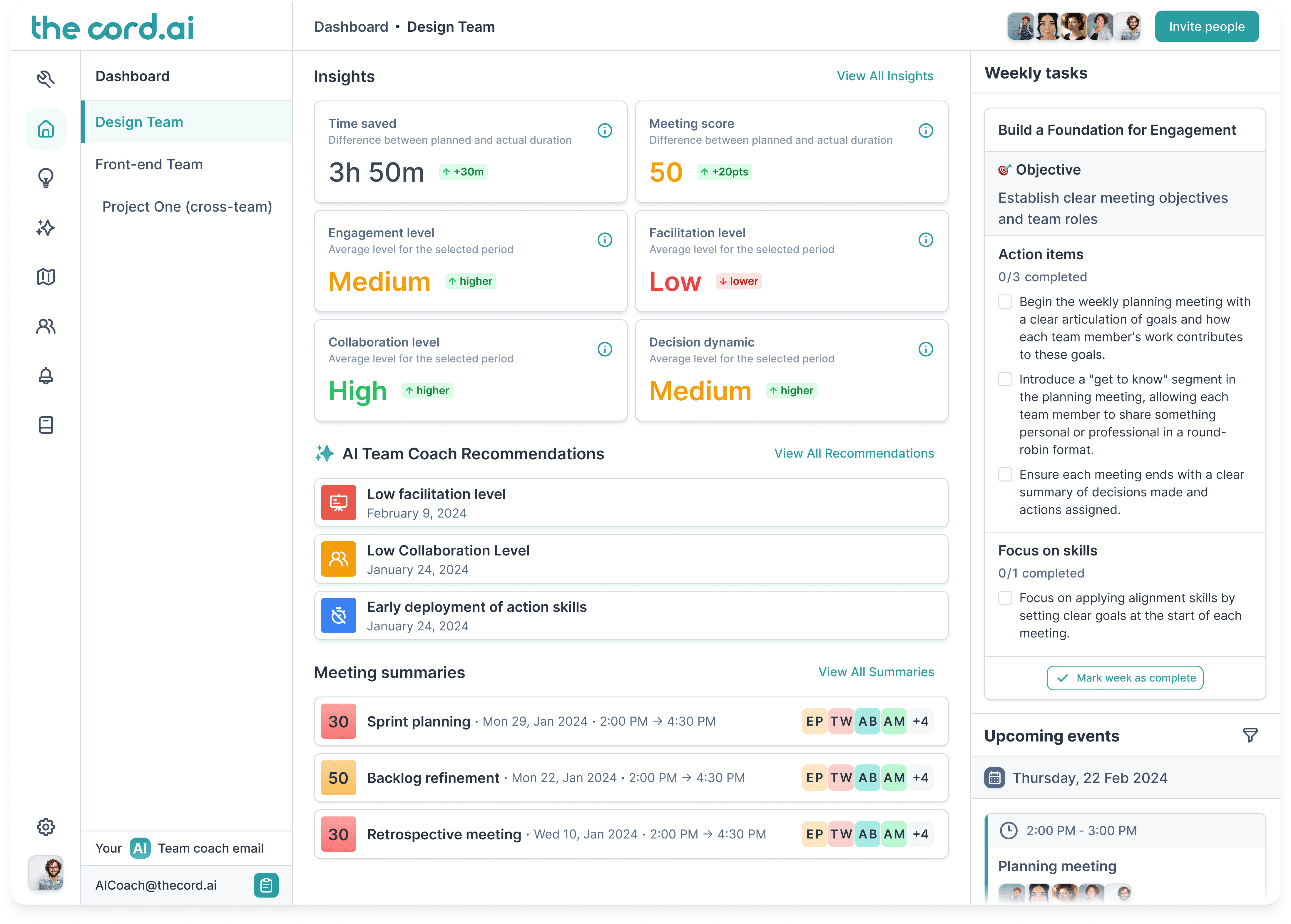The shift from traditional office environments to remote and distributed work settings is transforming modern workplace dynamics significantly. As some nations, like Greece, counteract this trend by extending workweeks to 6 days, the global movement towards flexible workspaces is undeniably gaining momentum.
Why teams need remote and distributed systems
Before the pandemic, only 7% of American employees had the option to work remotely. Today, that figure has soared to around 45%, illustrating a dramatic change in workplace dynamics. Remote work offers several advantages that enhance both employee satisfaction and organisational efficiency:
Enhanced work-life balance: remote work eliminates commutes, providing employees with more time for personal activities and family. A PwC study highlights that 67% of employees report a better balance between work and personal life with remote work.
Increased productivity: remote employees often experience fewer distractions than in a traditional office setting, allowing for more focused work. Research from Harvard Business Review notes that remote workers complete nearly an extra day's worth of work each week compared to their office-based peers.
Access to global talent: remote work removes geographical barriers, enabling companies to tap into a global talent pool. Find the best skills for specific roles, irrespective of location.
Greater diversity: remote work policies increase the diversity of applicants. For example, Allstate saw a 30% increase in diverse candidates when they switched to remote working.
Cost cavings: companies can significantly reduce costs associated with physical office spaces, including rentals and utilities, which can be redirected towards technology upgrades and employee benefits.
Reduced carbon footprint and commuting stress: minimising the need for daily commuting leads to less traffic congestion and lower emissions, aligning with environmental sustainability goals. Data from Upwork indicates that remote workers save an average of 49.6 minutes per day by not commuting, contributing to a more relaxed daily routine.
Make your remote team perfect with theCoRD
While the benefits are compelling, remote work also presents challenges such as maintaining effective communication and ensuring secure technology platforms. To address these, companies are increasingly turning to advanced solutions like theCoRD, an AI-driven platform designed to enhance collaboration and efficiency in remote teams.
theCoRD serves as a virtual team coach, facilitating better meeting management, enhancing communication flows, and supporting the unique dynamics of remote and distributed teams.











